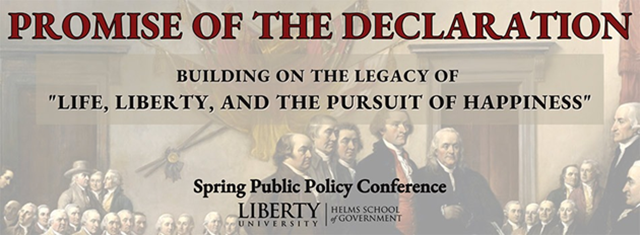Location
Congressional Delegation of Authority to Administrative Agencies
Level of Education
Undergraduate
Keywords
Biden Administration, Supreme Court, Congress, COVID-19, Department of Education, student loan, debt, relief
Presenter Names and Speeches.
Sarah Rogers
Abstract
On August 24, 2022, President Joe Biden announced his plan for federal student loan forgiveness. The program allows individuals who make less than $125,000 a year and families under $250,000 relieve up to $10,000 of their loan debt. Those who fall under the Pell Grant program are able to relieve up to $20,000 of their debt. The reactions to this “revolutionary” program were mixed. Typically, those who the program would directly affect were very enthusiastic about this idea while those, most notably Republicans, were less than thrilled. While the idea is good in theory, the execution of debt forgiveness will most definitely have economic consequences on the average taxpayer. In addition, the question remains, is this a precursor to more “free” programs? The next question regarding this plan is the Christian response. How can Christians show mercy and forgiveness regarding debt while also understanding the importance of being good stewards of finances? Finally, alternative policies to debt relief that ease the taxpayer’s load and offer opportunities to those with student loans will be explored.
Included in
American Politics Commons, Constitutional Law Commons, Courts Commons, Economic Policy Commons, Economics Commons, Policy Design, Analysis, and Evaluation Commons, Public Policy Commons
Examining the Effects of Student Loan Forgiveness and the Christian Perspective
Congressional Delegation of Authority to Administrative Agencies
On August 24, 2022, President Joe Biden announced his plan for federal student loan forgiveness. The program allows individuals who make less than $125,000 a year and families under $250,000 relieve up to $10,000 of their loan debt. Those who fall under the Pell Grant program are able to relieve up to $20,000 of their debt. The reactions to this “revolutionary” program were mixed. Typically, those who the program would directly affect were very enthusiastic about this idea while those, most notably Republicans, were less than thrilled. While the idea is good in theory, the execution of debt forgiveness will most definitely have economic consequences on the average taxpayer. In addition, the question remains, is this a precursor to more “free” programs? The next question regarding this plan is the Christian response. How can Christians show mercy and forgiveness regarding debt while also understanding the importance of being good stewards of finances? Finally, alternative policies to debt relief that ease the taxpayer’s load and offer opportunities to those with student loans will be explored.



